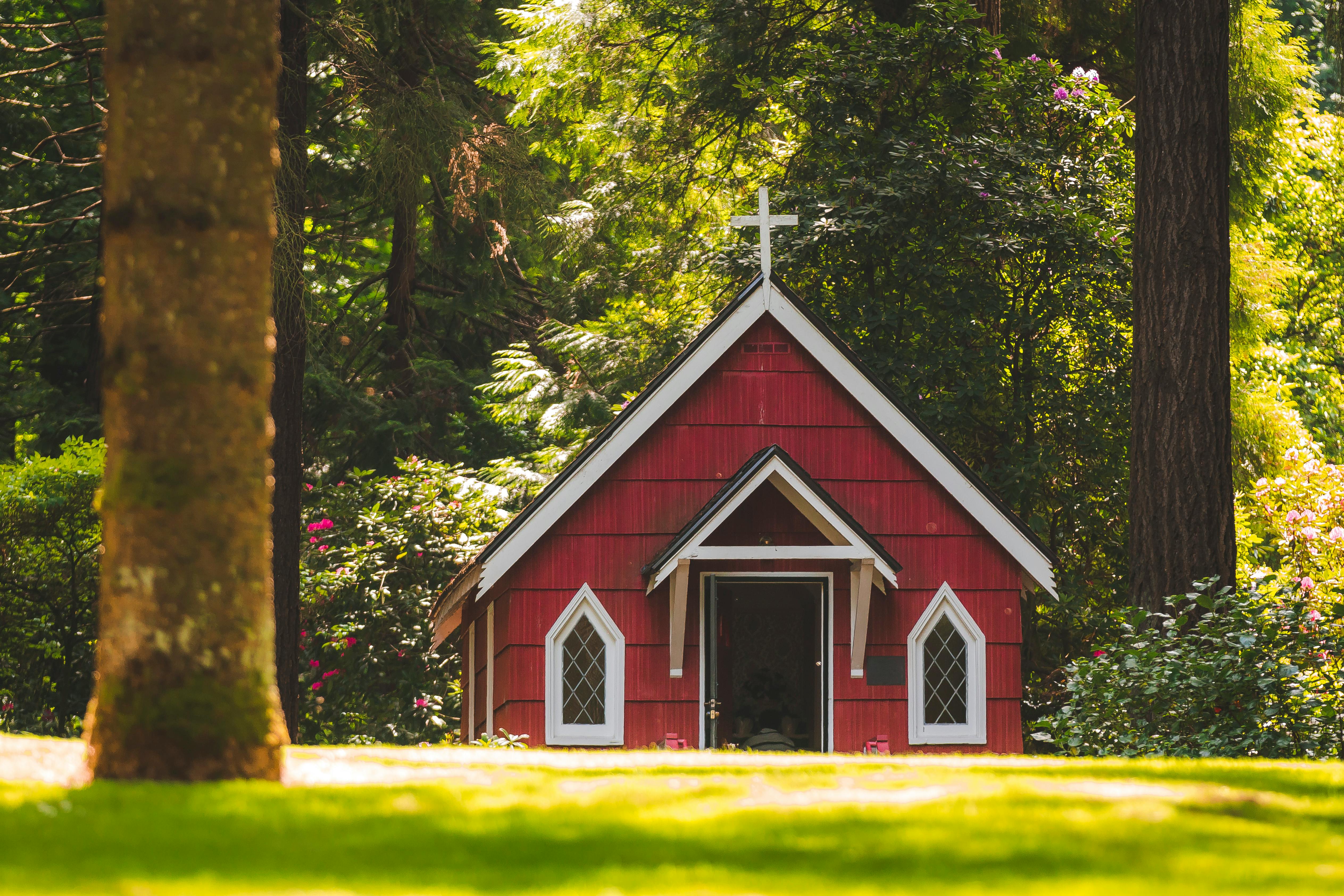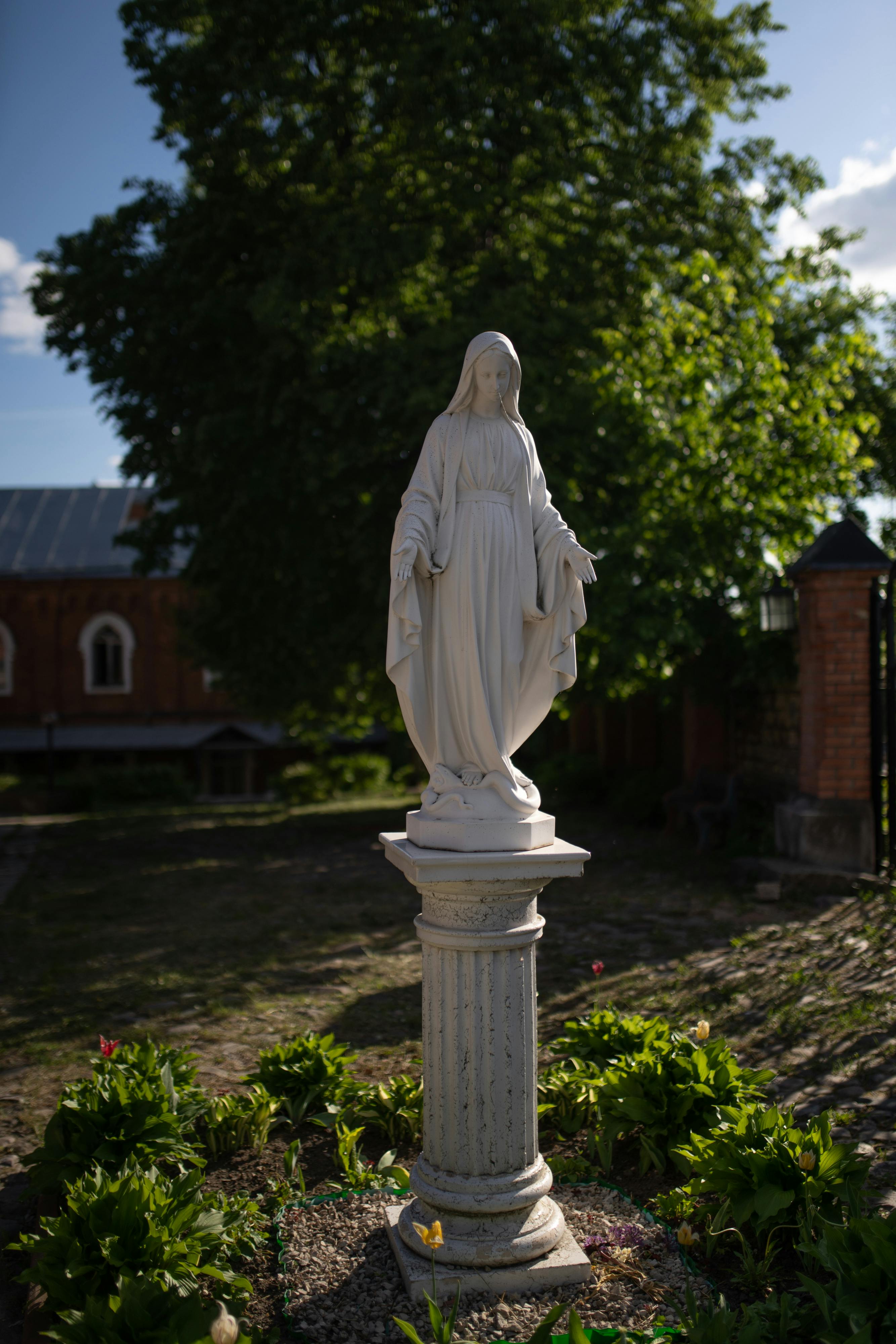Christian Gardening Principles for a Faith-Based Garden
Christian gardening is more than just planting seeds—it’s about cultivating both the earth and the spirit. In an era where sustainability and spirituality intersect, this approach offers a meaningful way to connect with creation. In this article, you’ll discover how biblical principles can shape your gardening journey, with practical tips and deeper spiritual insights.

Understanding the Fundamentals
Christian gardening is rooted in the belief that tending to the earth is a form of stewardship ordained by God. This concept dates back to Genesis, where Adam was placed in the Garden of Eden to “work it and take care of it.” Over time, these principles have evolved into a holistic practice that merges faith, ecology, and intentional living.
Understanding these fundamentals helps lay a spiritual foundation for your gardening practices. Much like prayer, gardening becomes a meditative act when grounded in purpose and scriptural values.
1.1 Stewardship of Creation
Stewardship refers to the responsibility given to humans to care for God’s creation. In Christian gardening, this means using organic methods, conserving water, and avoiding harmful chemicals that disrupt the natural balance. According to a 2022 Pew Research study, over 60% of Christians see environmental care as a moral duty.
For example, planting native species supports local biodiversity, and composting reflects the biblical principle of returning resources to the earth. A common misconception is that stewardship is passive, but in reality, it requires active participation in sustainable practices.
1.2 Faith in Every Season
Just as Ecclesiastes tells us there is “a time to plant and a time to uproot,” gardening reflects the cycles of life and faith. Unlike secular gardening, Christian gardening views setbacks—like poor harvests—as opportunities to deepen trust in God.
By aligning planting and harvesting with biblical festivals or personal spiritual milestones, gardeners can embed faith into every stage of their horticultural efforts.
Practical Implementation Guide
With a strong foundation in place, it’s time to bring Christian gardening principles to life. This guide provides a step-by-step framework to start and sustain your faith-based garden while seeing tangible, spiritual results.

2.1 Actionable Steps
- Start with Prayer and Planning: Dedicate your garden to God. Choose a quiet time to pray over the land and ask for wisdom. Sketch a plan that includes scripture verses or themes for each section.
- Select Plants with Purpose: Choose plants that reflect biblical meaning—like figs, olives, or mustard seeds. Use heirloom and native seeds when possible.
- Create a Seasonal Calendar: Align planting with liturgical seasons—Lent for sowing, Pentecost for growth, and Harvest festivals for reaping. Set monthly milestones with devotionals.
2.2 Overcoming Challenges
While Christian gardening offers spiritual rewards, challenges will arise. Here are some common obstacles and how to overcome them:
- Weather Fluctuations: Use row covers and raised beds to minimize risks. Pray for resilience and wisdom during extreme conditions.
- Pest Problems: Try companion planting or natural deterrents like neem oil. Avoid pesticides that harm God’s creation.
- Discouragement: Keep a garden journal to track spiritual and physical growth. Reflect on verses like Galatians 6:9 to stay motivated.
Remember that perfection is not the goal—faithfulness is. Troubleshooting becomes easier when viewed through a spiritual lens.
Advanced Applications
Once you’ve mastered the basics, consider advancing your Christian gardening practice with techniques that deepen both sustainability and spirituality. These methods require more planning but yield lasting impact.

3.1 Permaculture with Purpose
Permaculture is a design philosophy that mirrors God’s intricate creation patterns. By mimicking ecosystems, gardeners reduce waste and increase yield. One Christian community in Oregon saw a 40% improvement in soil quality after three years of permaculture-based gardening.
This method honors the biblical mandate to “till and keep” the earth by creating regenerative systems. Swales, food forests, and perennial crops embody God’s design for sustainability.
3.2 Garden as Ministry
Christian gardening can become a tool for outreach. Churches can create community gardens to feed the hungry and teach biblical stewardship. Integrating this with Sunday school or youth ministries provides a living example of faith in action.
When gardening is integrated into ministry programs, it fosters community, resilience, and a sense of sacred purpose. Compatibility with church schedules and volunteer engagement are essential to success.
Future Outlook
As environmental consciousness grows within faith communities, Christian gardening is poised to become a powerful movement. Emerging trends include vertical gardens in urban churches and AI-assisted garden management apps aligned with biblical calendars.
Experts predict a 25% growth in faith-based eco-initiatives over the next five years. Preparing for this future means educating others, sharing resources, and participating in local garden ministries.
Conclusion
To summarize, Christian gardening offers:
- A tangible way to practice stewardship and spiritual discipline
- Opportunities to integrate faith into everyday life
- Tools for community engagement and sustainable living
Now is the time to plant with purpose. Start your garden not just for produce, but for spiritual growth and kingdom impact. Consider dedicating a portion of your garden for ministry or reflection.
Frequently Asked Questions
- Q: What is Christian gardening? Christian gardening is the practice of cultivating plants while integrating biblical principles like stewardship, gratitude, and community service.
- Q: How do I get started? Begin with prayer, select meaningful plants, and plan according to both seasonal and spiritual rhythms. Use a journal to track progress.
- Q: How much time does it take? Depending on size, a Christian garden can take 2–5 hours weekly. Time varies with the season and your personal spiritual goals.
- Q: Is it expensive? Startup costs range from $50 to $300 depending on materials. Using recycled containers and community seeds can reduce costs.
- Q: How does it compare to regular gardening? While similar in technique, Christian gardening incorporates scripture, prayer, and ministry, making it more holistic and intentional.
- Q: Do I need special skills? No expert knowledge is required. Start small and learn through experience. Your faith and intention matter more than perfection.
- Q: Can this be applied to urban settings? Absolutely. Raised beds, balcony pots, and vertical planters allow even apartment dwellers to create spiritual gardens.
